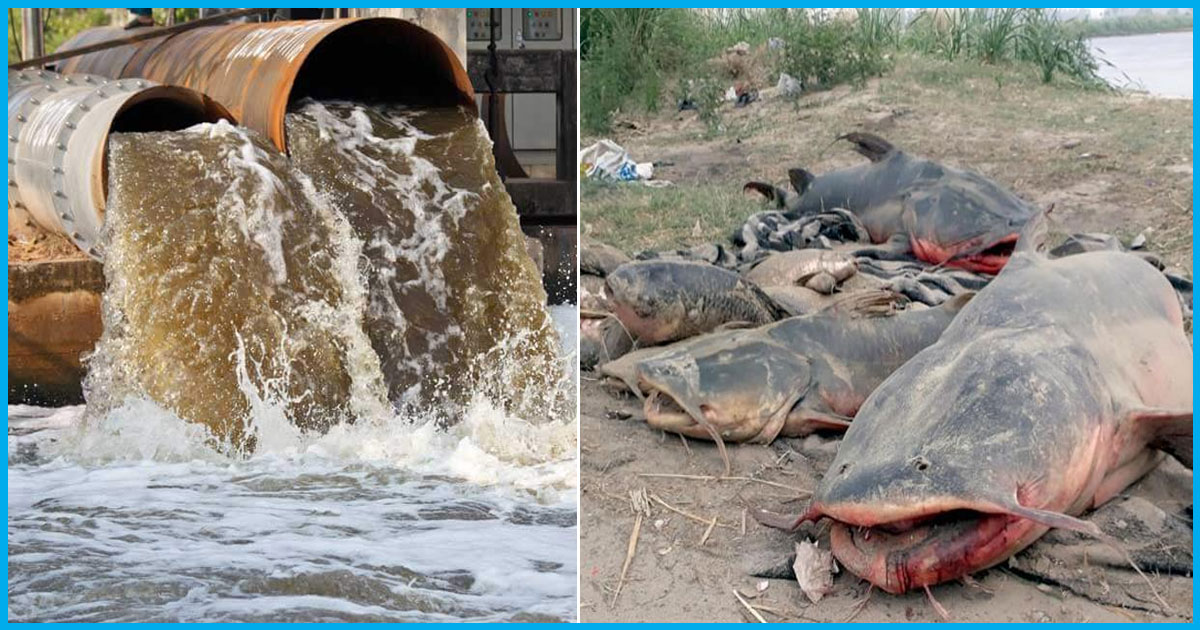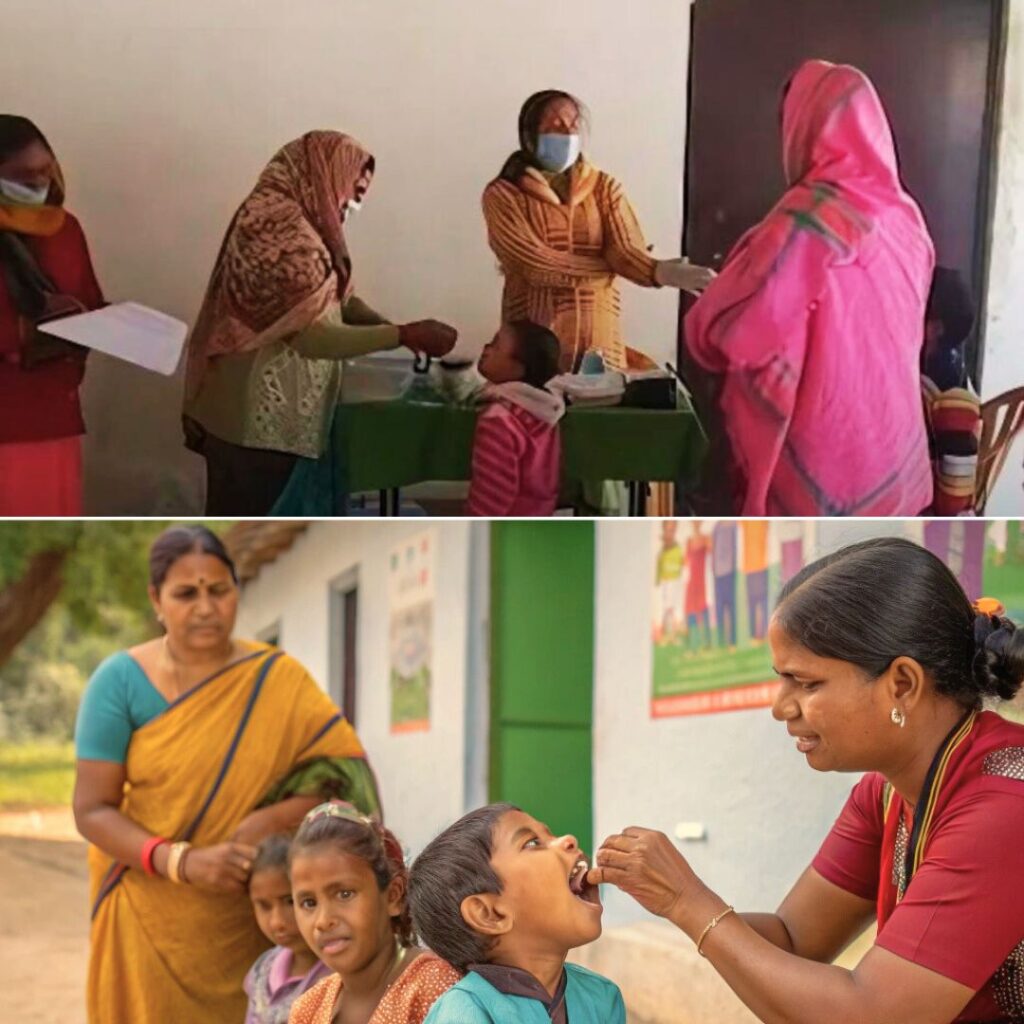Recently, shocking images and videos of hundreds of fishes lying dead on the coast of river Beas surfaced. Discharge of molasses, a by-product of sugar factories, came from ‘Chadha Sugar Industries Private Limited’ located at Kiri Afgana village in Gurdaspur district and contaminated the water. Not only was the aquatic life adversely affected, the same water was supplied to villages and towns in Punjab and Rajasthan, thereby posing a threat to the lives of those who lived nearby.
Fortunately, no casualty was reported and the water supply through these canals was suspended when locals raised alarm about the dark brownish-black colour of the water supplied to their houses.
The Rajasthan Feeder and Sirhind feeder which carries water from Harike reservoir, which is the confluence point of the Sutlej and Beas rivers, was seen turning dark brownish to black in colour. The residents reported stench. It is to be noted that Faridkot, Muktsar and Fazilka districts in Punjab get water for irrigation and other purposes from Sirhind Feeder, and the Rajasthan Feeder serves Hanumangarh, Suratgarh, and Bikaner, even up to Jaisalmer, in that state.
Following complaints, the Water Sanitation Department of Faridkot, Punjab stopped the use of canal water. The Indira Gandhi Nahar Department (IGND), Rajasthan too issued alerts across Hanumangarh, Bikaner and Jaisalmer divisions. As reported by Hindustan Times, Shikhar Agarwal, principal secretary, IGND, Rajasthan, said,
“We have asked the Water Supply Department not to use the Indira Gandhi canal water for the time being. The department will use the stored water and the new supply from the canal will be consumed after laboratory tests and double treatment. We will raise the matter with the Punjab Chief Secretary. This is not the first time that our sole drinking water source has been polluted in Punjab but the situation is highly worrisome this time”
Pollution is killing Indian rivers
In an assessment by the Central Pollution Control board (CPCB) of India in the year 2015, it was revealed that the number of polluted rivers in India has increased twofold from 121 to 275. “A primary cause is the quantity of sewage generated by cities and towns along polluted stretches,” reported The Guardian.
A study on Beas River is published in the journal Advancing Earth and Space Sciences. Its findings reveal that the high deposits of metals are found in the Beas River basin polluting the Kanjli wetland. They were exceeding the limits prescribed by the Bureau of Indian Standards. It was found due to direct discharges of industrial and domestic sewage at upstream points indicate the pollution of Kanjli wetland, which is a part of the Beas River basin.
With Government spending excess money on “Clean Ganga Project” which is in stagnation, it should invest more in productive plans to prevent causes of pollution firsthand. The CPCB report also states that “given population increase, demand for freshwater for all users will be unmanageable” with a vast crisis ahead India is facing severe water problems and the government should intervene to resolve and take prompt actions.
The Logical Indian take
It is an irony that Punjab which is called the land of five rivers is facing acute shortage of clean water. The Sugar mill in question was booked in 2011 too for discharging untreated effluents into the river. In a 2012 study by Environmental Health Action Plan revealed that in a village Karmowal, Punjab, with a population of just 2,000, three of its residents died of cancer in past few years. The cause of cancer was attributed to the polluted water of Beas on the bank of which the village is situated.
It is high time that the authorities take up this issue and work towards reviving these rivers.











